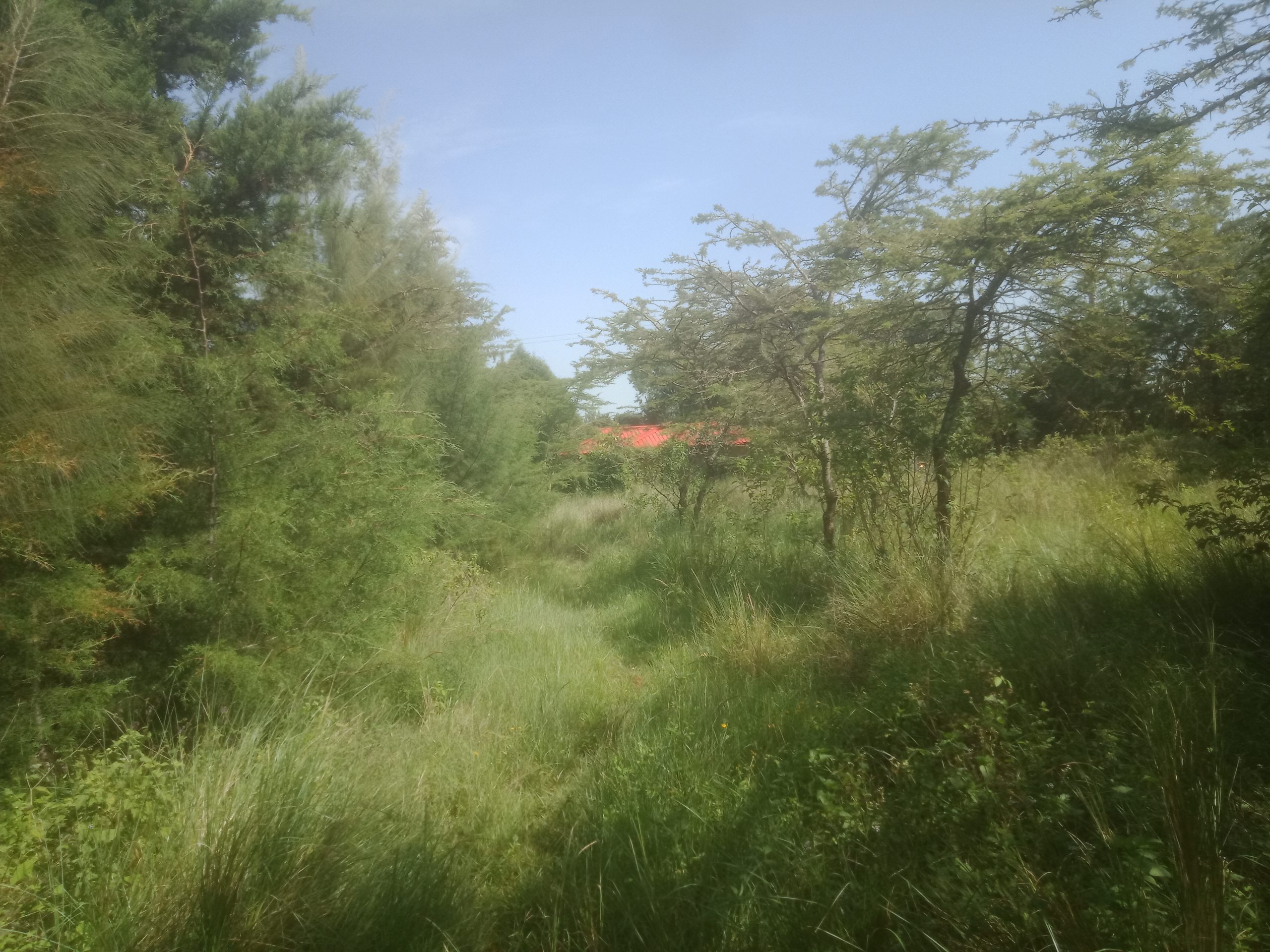
A few tech-enabled startups with feature sets comparable to those found anywhere in the developed countries are in full execution mode in some African countries such as Kenya and Nigeria trying to replicate what their Silicon Valley counterparts have achieved in their mature markets. Indeed, Kenya is often referred to as Silicon Savannah because of its relative success as a host of startups trying to prototype their products for economies of similar nature and those that have African ambitions.
Of course, we see these startups trying to adapt to local conditions in these African countries but what are the chances of these tech-enabled startups succeeding in any given African country? The answer, of course, would be that it depends on a few factors, some specific to each country in the continent. But my major question to ponder here is, what is the reality of Africa’s decade-long view as a frontier market or even some of its countries being hyped as emerging ones? This is not to deny that there is an emerging class of consumers in any of the African countries. However, I am more interested in the broader economic outlook beyond the relatively small ‘middle class’ in these vastly unequal developing countries.
In the 2010s, as a college student in the United States, I was wildly dreaming about an African continent that is able to confer better opportunities to its inhabitants. Africa, we actually believed, was finally on its ascendancy and the coming decades were hers to take. As young Africans, lucky to be getting some good education, we were ready to lead the charge. But what has happened since then?
The last few years have indeed been promising and could easily be said that Afro optimism was justified and Africa rising was real and alive as we saw fundraising levels never seen before in Africa. However, in recent months, a few notable VC-backed startups in some African countries have shut down and observers of this space have more grim news: Expect more trouble for those already struggling to keep going. It turns out that 2023 was a brutal year for African startups and funding data shows this: Depending on your source of data, money flowing into these startups slowed down by over 30% last year compared to 2022. This has been described as a funding winter and indeed, it has been a bad one since Africa-focused startups started getting some global attention in recent years.
But can we consider these funding troubles in the continental startup space as an obituary for Africa’s rising narrative? I don’t think so much as global startups are also undergoing some very turbulent times due to their own funding problems. So while I am trying to reflect on my own story as troubles mount for some relatively well-funded African startups, in a continent where funds are hard to come by, I think this moment calls for a different kind of introspection, for Africa-focused entrepreneurs and interested parties in the continent.
Many startups begin their operations with some good knowledge of what they intend to do, try to put in place plans to do it but after sometime we start reading stories about problems they are facing. It could well be due to an individual startup’s management issues but I bet most of the time, it has to do with Africa’s operating environment on top of the informal nature of the economies where service providers and firms are mostly solo-preneurship, self-employment shops. Most of these shops thrive just because there are millions of people who need everyday basic goods for survival.
Now what happens when you come as an entrepreneur thinking about scale and tapping into the same market? What do you meet with? Chaos. And what do you do then? You adopt the chaos as the relevant pain points your startup is trying to solve for, given the continent’s economies are characterised by their informal nature. Because of your funds, you are able to gain traction for a few months or years but then what happens eventually because you are trying to solve for things that are beyond your realistic capacities as a private, for-profit entity? Africa’s messy infrastructural deficiencies, not to mention other tough operating conditions that are beyond the scope of this short piece, swallows you and your startup up.